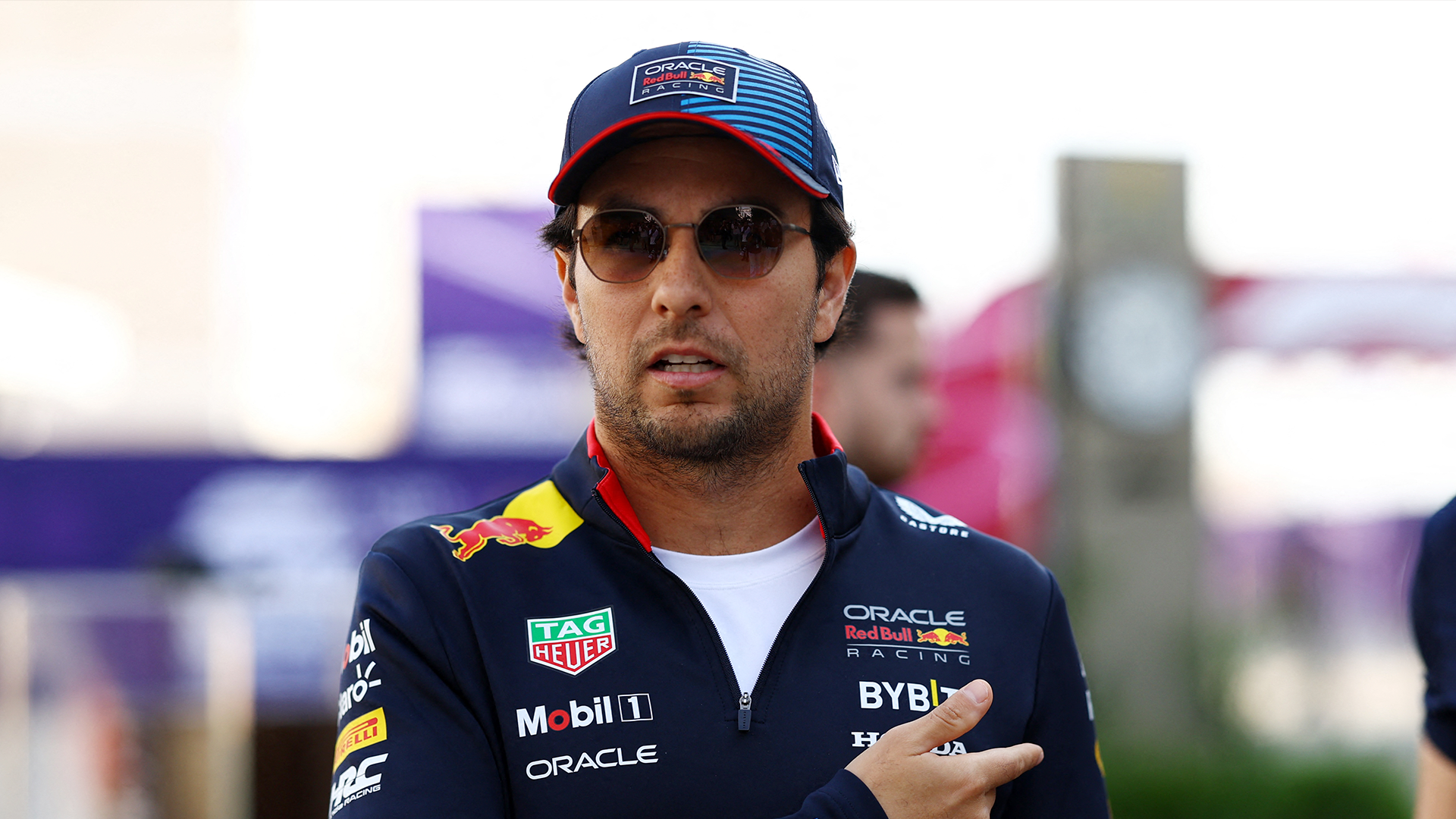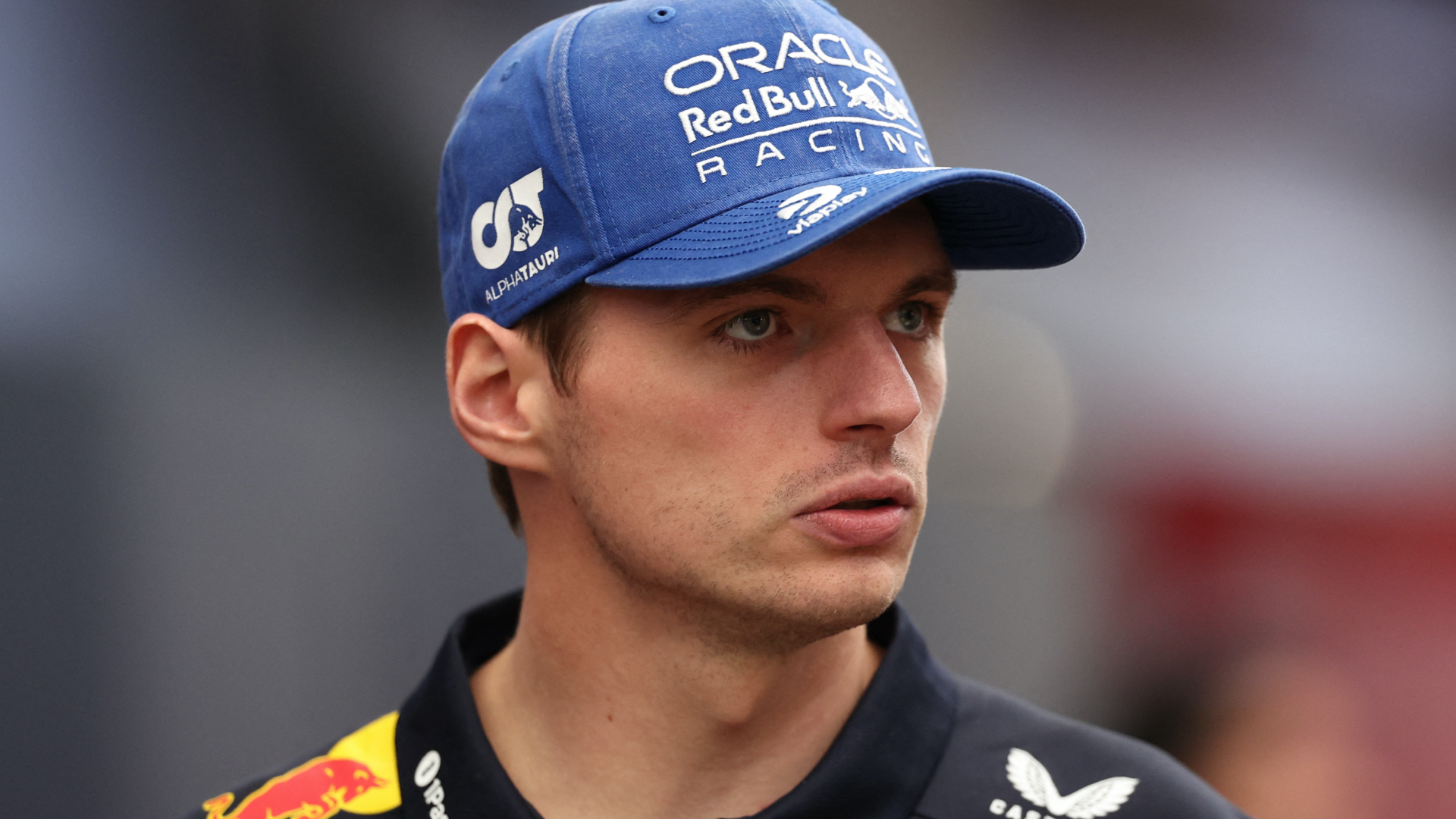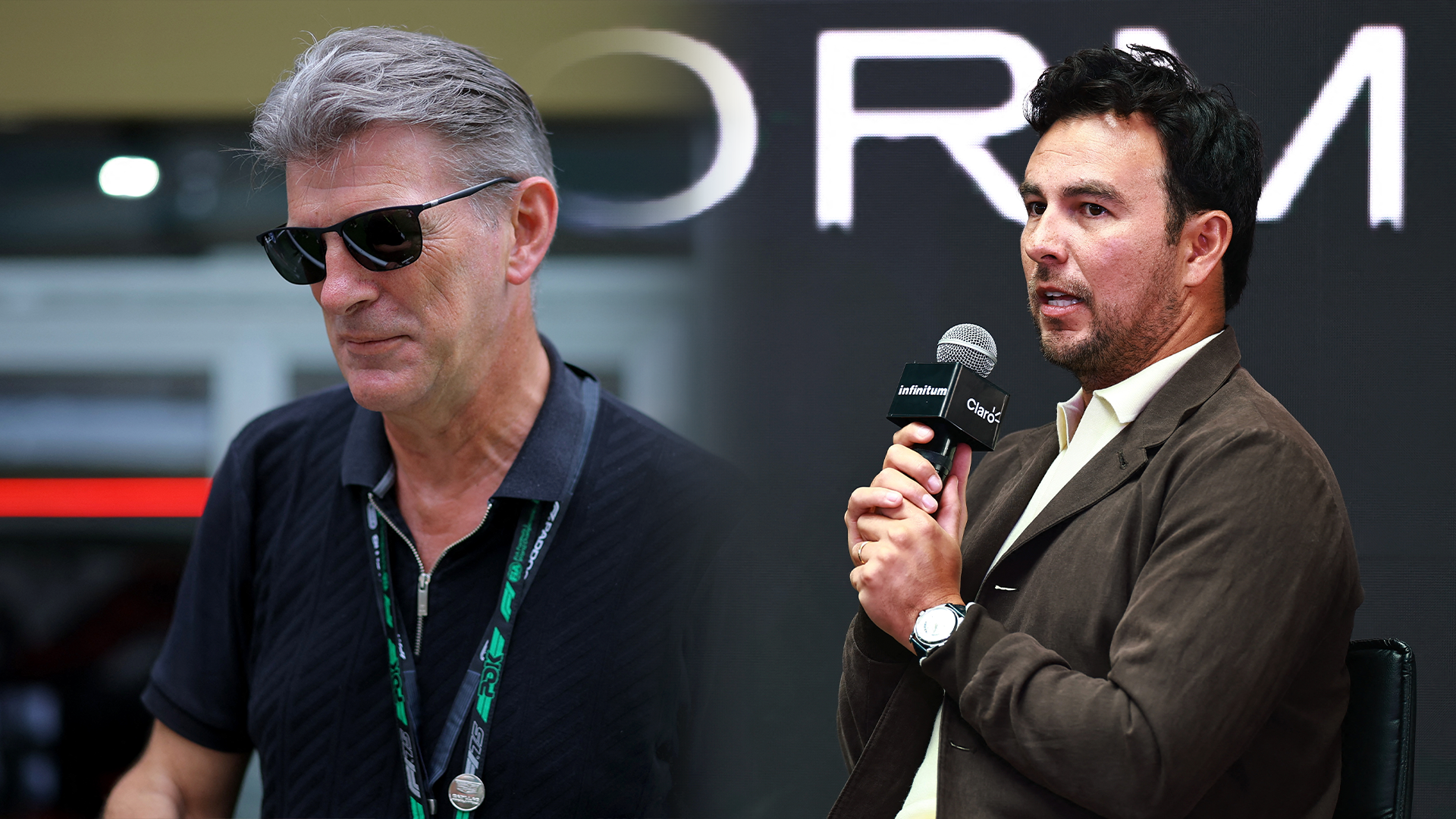- homeBreadcrumb >
- Motorsports >
- Formula 1 >
- Zak Brown Says Drive to Survive Fame Changed Christian Horner
Zak Brown Says Drive to Survive Fame Changed Christian Horner
McLaren CEO Zak Brown claims Netflix's Drive to Survive fame altered Christian Horner, leading to a shift in his personality and leadership style.
Zak Brown, the CEO of McLaren Racing, openly shared his views on how Netflix’s popular Formula 1 docuseries Drive to Survive altered Christian Horner, the former Red Bull Racing team principal.
Brown, who has known Horner for over three decades, remarked that Horner’s success and reputation soared following the show’s rise. However, Brown believes the fame, money, and glory associated with the series significantly changed Horner’s conduct, highlighting a departure fromthe person he once knew.
The increased visibility and celebrity-like status Horner gained from appearing on Drive to Survive brought both opportunities and challenges to his role within Formula 1.
On-Track and Off-Track Rivalry
Brown’s comments also touched on the intensely competitive nature between the two figures. He described Horner’s racing approach as aggressive, noting that while some drivers push competitors “two wheels off the track,” Horner’s tactics went beyond that limit.
This competitive edge was evident in several incidents and disputes on and off the circuit. Brown also criticized Horner for making provocative allegations against McLaren, viewing them as strategic moves meant to create distractions rather than legitimate technical concerns.
Their rivalry, well-documented in the media and partly in the Netflix series, has evolved over the years and reflects the high-stakes pressure within Formula 1 leadership.
Horner’s Departure and Legacy
Christian Horner’s tenure at Red Bull Racing came to an end in mid-2025 after replacement by Laurent Mekies and a settlement that allowed him to potentially return to the sport in 2026.
Despite the controversies and transformations noted by Brown, Horner’s impact on Red Bull Racing remains significant, having led the team to multiple successes.
The departure sparked discussion about the pressures Formula 1 executives face in balancing team performance with public profiles amplified by media exposure.
Horner’s experience highlights the intersection of sport and entertainment in modern Formula 1, where leadership roles are as much about managing perception as they are about on-track results.






















